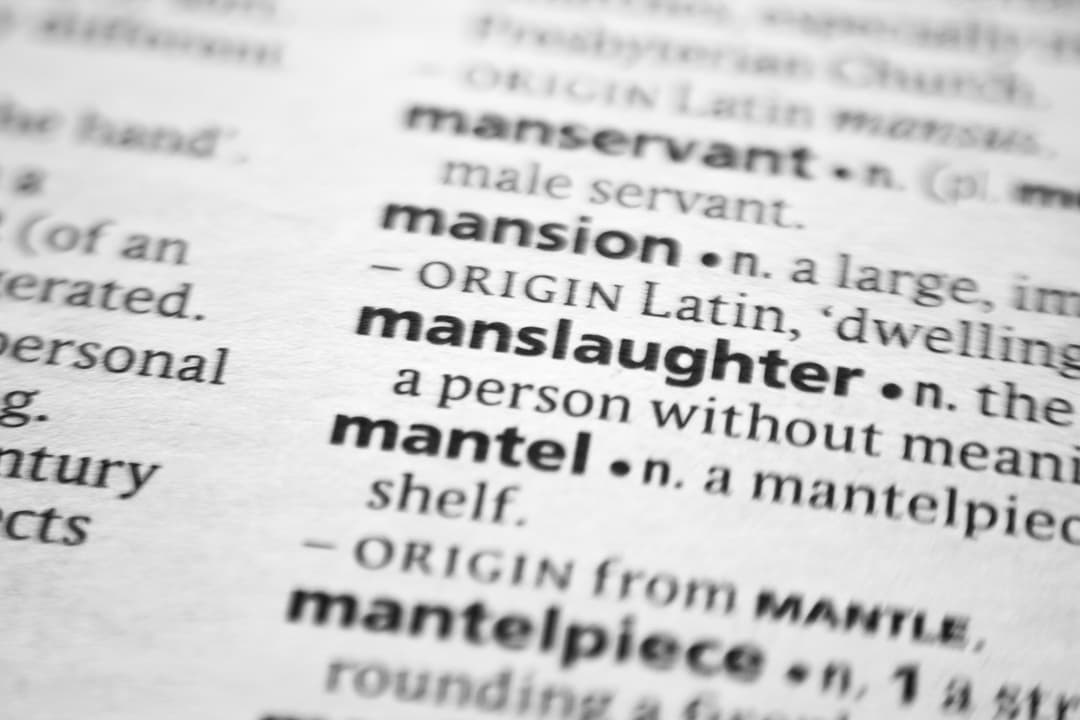
Divorce is never an easy decision, and when spouses cannot agree on the terms, the process becomes even more challenging. In Alabama, a contested divorce means that one or more issues—such as custody of children, division of property, or alimony—cannot be resolved without the court’s involvement. These cases can quickly become heated, emotional, and expensive. For anyone facing a contested divorce, it is essential to understand the legal framework, what the court considers, and how to prepare for the road ahead.
Unlike an uncontested divorce, where both parties reach an agreement on all issues, a contested divorce requires formal litigation. This means filing pleadings, attending hearings, going through discovery, and potentially taking the case to trial. The stakes are high, particularly when children are involved or when the marital estate includes substantial assets. Alabama family courts prioritize fairness and the best interests of the child, but without skilled legal representation, it is easy for one side to lose valuable rights.
One of the most common points of conflict in a contested divorce is child custody. Alabama law no longer assumes that mothers are automatically better suited as custodians. Instead, courts evaluate the “best interests of the child,” a broad standard that considers factors such as the stability of each parent’s home, each parent’s willingness to encourage a relationship with the other, and any history of domestic violence or substance abuse. In highly contentious custody battles, judges may order psychological evaluations or appoint a guardian ad litem to represent the child’s interests. These cases can become especially difficult when one parent seeks to relocate out of state with the child, raising questions about long-distance visitation and shared parenting time.
Property division is another source of dispute. Alabama follows an “equitable distribution” system, which does not always mean an equal 50/50 split. Instead, the court considers contributions to the marriage, both financial and non-financial, as well as the length of the marriage and each spouse’s future earning potential. Disputes often arise when one spouse owns a business, holds retirement accounts, or inherited property during the marriage. Without careful legal analysis, one spouse may end up walking away with far less than they deserve.
Alimony, or spousal support, is another hotly contested issue. While Alabama law allows for rehabilitative alimony to help a lower-earning spouse get back on their feet, it is not automatic. Judges weigh the length of the marriage, each spouse’s financial condition, and contributions during the marriage. For example, if one spouse supported the other through professional school, that fact may carry significant weight. At the same time, the paying spouse may argue against long-term obligations, particularly if the marriage was relatively short. These cases often come down to careful financial evidence and persuasive advocacy in court.
Discovery is one of the most critical phases of a contested divorce. This process allows both sides to gather evidence about income, assets, debts, and even personal behavior. Discovery tools include depositions, subpoenas, and requests for financial documents. While discovery is designed to ensure transparency, it can also be abused as a way to delay proceedings or increase costs. A strong legal team will know how to use discovery strategically, compelling the other side to disclose hidden assets while pushing back against excessive or irrelevant requests.
The emotional toll of contested divorce should not be underestimated. Litigation often brings out the worst in both parties, with accusations, counterclaims, and motions flying back and forth. Judges, however, are not swayed by emotion—they want facts, evidence, and legal arguments. This is where having an attorney with trial experience makes the difference. Someone who has handled jury trials in criminal and federal court, like Joe Ingram, knows how to present a compelling case under pressure and hold the other side accountable.
It is also worth noting that most contested divorces do not actually go to trial. The court system encourages settlement through mediation, where a neutral third party helps the spouses negotiate an agreement. Mediation can be less expensive and less stressful than a full trial, but it only works when both sides are willing to compromise. Even in mediation, having a seasoned attorney by your side ensures that your rights are protected and that you do not agree to terms that harm you in the long run.
For military families, contested divorces present unique challenges. Deployment, relocation, and federal benefits such as military pensions complicate custody and property issues. Alabama courts must also consider the federal Servicemembers Civil Relief Act, which can delay proceedings if one spouse is on active duty. These cases demand an attorney who understands both state family law and the special rules that apply to service members.
Ultimately, the key to surviving a contested divorce is preparation. From gathering financial records to documenting parenting efforts, every detail matters. A spouse who walks into court unprepared risks losing custody, property, or financial security. On the other hand, a spouse with experienced legal counsel has the advantage of strategy, advocacy, and credibility before the judge.
Divorce may mark the end of a marriage, but it is also the beginning of a new chapter in life. Protecting your rights now sets the foundation for your future stability, both personally and financially. If you are facing a contested divorce in Alabama, do not try to navigate the process alone. With experience across nearly every courthouse in Alabama, Joe Ingram knows how to fight for your interests and guide you through one of life’s most difficult challenges.
For skilled representation in contested divorces, custody battles, and family law disputes across Alabama, contact Joe Ingram today.


















































